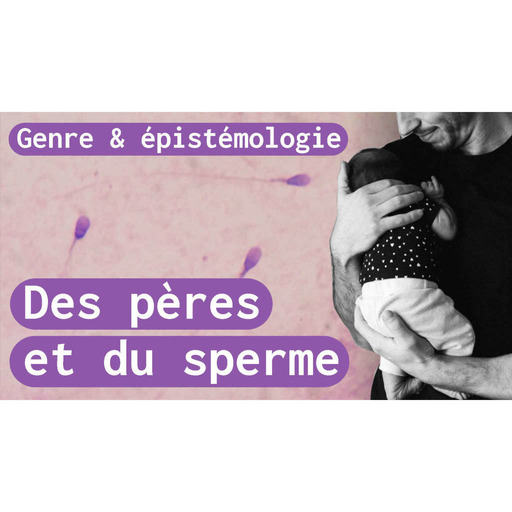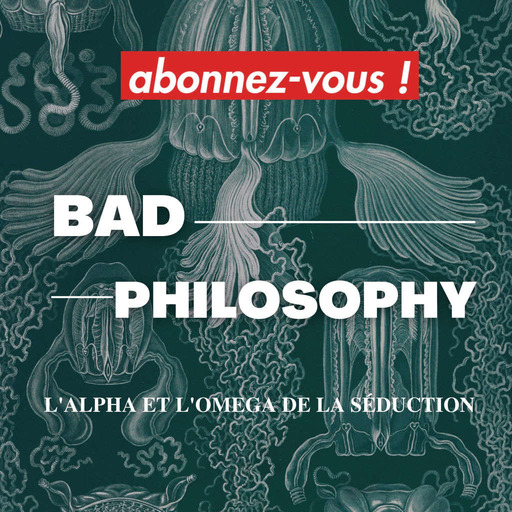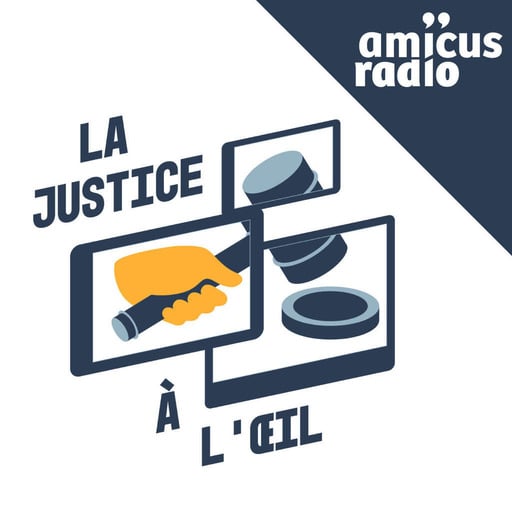Audio de la vidéo https://youtu.be/1kJyx2M2qJI
00:00:00 Introduction 0
0:04:50 De la DOHaD à la POHaD
00:09:49 POHaD, généralités
00:12:42 POHaD et réductionnisme
00:13:48 Réduction du père aux fonctions procréatrices
00:17:16 Père et responsabilités individuelles
00:21:03 Récapitulons.
Soutenir financièrement la chaîne :
https://www.patreon.com/GameofHearth
https://ko-fi.com/gameofhearth
https://fr.liberapay.com/gameofhearth/
https://www.kisskissbankbank.com/en/projects/game-of-hearth
/!\ Pas de finances ? Pensez à soutenir la chaîne en vous abonnant, en activant les notifications, en likant, en commentant, en partageant et en diffusant /!\
Réseaux sociaux :
https://twitter.com/game_of_hearth
https://mamot.fr/@gameofhearth
Site complet : www.gameofhearth.fr/
Contact professionnel : gameofhearth.ph@gmail.com
Regarder sur Peertube : https://skeptikon.fr/w/nm6UKp8H9k2Q3Sr81zgf6C
Projet CELIA : https://iferiss.univ-tlse3.fr/projet-celia
Bibliographie (NON EXHAUSTIVE)
Cités dans la vidéo
de Castro Barbosa, T., Ingerslev, L. R., Alm, P. S., Versteyhe, S., Massart, J., Rasmussen, M., ... & Barrès, R. (2016). High-fat diet reprograms the epigenome of rat spermatozoa and transgenerationally affects metabolism of the offspring. Molecular metabolism, 5(3), 184-197.
Lamoreaux, J. (2021). “Passing Down Pollution”:(Inter) generational Toxicology and (Epi) genetic Environmental Health. Medical Anthropology Quarterly, 35(4), 529-546.
Reichman, N. E., & Teitler, J. O. (2006). Paternal age as a risk factor for low birthweight. American Journal of Public Health, 96(5), 862-866.
Saldaña-Tejeda, A. (2018, September). Mothers' experiences of masculinity in the context of child obesity in Mexico. In Women's Studies International Forum (Vol. 70, pp. 39-45). Pergamon.
Critiques de la DOHaD
Kenney, M., & Müller, R. (2018). Of rats and women: Narratives of motherhood in environmental epigenetics. The palgrave handbook of biology and society, 799-830.
Mansfield, B. (2012). Environmental health as biosecurity:“Seafood choices,” risk, and the pregnant woman as threshold. Annals of the Association of American Geographers, 102(5), 969-976.
Pentecost, M., & Ross, F. (2019). The first thousand days: Motherhood, scientific knowledge, and local histories. Medical Anthropology, 38(8), 747-761.
Sharp, G. C., Schellhas, L., Richardson, S. S., & Lawlor, D. A. (2019). Time to cut the cord: recognizing and addressing the imbalance of DOHaD research towards the study of maternal pregnancy exposures. Journal of Developmental Origins of Health and Disease, 10(5), 509-512.
DOHaD
Charles, M. A., Delpierre, C., & Bréant, B. (2016). Le concept des origines développementales de la santé-Évolution sur trois décennies. médecine/sciences, 32(1), 15-20.
Extension de la « période développementale »
Waggoner, M. R. (2017). The zero trimester: Pre-pregnancy care and the politics of reproductive risk. Univ of California Press.
Incorporation
Hertzman, C. (1999). The biological embedding of early experience and its effects on health in adulthood. Annals of the New York Academy of Sciences, 896(1), 85-95.
Krieger, N. (1999). Embodying inequality: a review of concepts, measures, and methods for studying health consequences of discrimination. International journal of health services, 29(2), 295-352.
POHaD (articles du corpus n=15)
Soubry, A. (2018). Epigenetics as a driver of developmental origins of health and disease: did we forget the fathers?. Bioessays, 40(1), 1700113.
Soubry, A. (2018). POHaD: why we should study future fathers. Environmental epigenetics, 4(2), dvy007.
Pollution et perturbateurs endocriniens, responsabilisation individuelle
Di Chiro, G. (2010). Polluted politics? Confronting toxic discourse, sex panic, and eco-normativity. Queer ecologies: Sex, nature, politics, desire, 199-230.
Hesse, A. (2021). Geographies of uncertainty and negotiated responsibilities of occupational health. Geoforum, 123, 184-193.
Lee, R., & Mykitiuk, R. (2018). Surviving difference: Endocrine-disrupting chemicals, intergenerational justice and the future of human reproduction. Feminist Theory, 19(2), 205-221.
Luginaah, I., Smith, K., & Lockridge, A. (2010). Surrounded by Chemical Valley and ‘living in a bubble’: the case of the Aamjiwnaang First Nation, Ontario. Journal of Environmental Planning and Management, 53(3), 353-370.
Mansfield, B. (2012). Environmental health as biosecurity:“Seafood choices,” risk, and the pregnant woman as threshold. Annals of the Association of American Geographers, 102(5), 969-976.
Santé reproductive masculine/« causes paternelles » (histoire de la médecine)
Almeling, R. (2020). Guynecology: The missing science of men’s reproductive health. University of California Press.
Almeling, R., & Waggoner, M. R. (2013). More and less than equal: How men factor in the reproductive equation. Gender & Society, 27(6), 821-842.
Daniels, C. R. (2008). Exposing men: The science and politics of male reproduction. Oxford University Press.


 Emissions
Emissions



